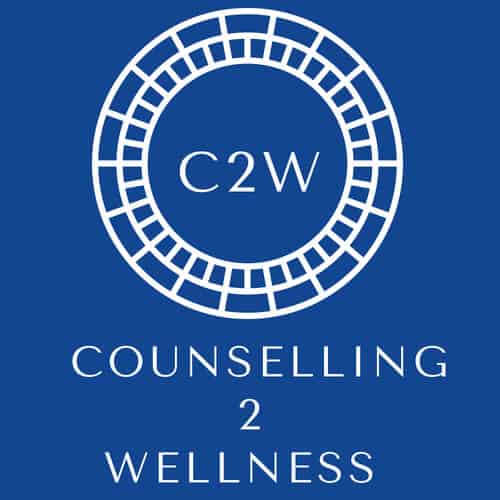In today’s fast-paced world, seeking support for mental health concerns like depression is more accessible than ever, thanks to advancements in technology. Individuals in Toronto grappling with depression now have the option of traditional in-person counselling or online therapy. But which approach is better? This comprehensive guide will explore the pros and cons of online and in-person depression counselling in Toronto to help you make an informed decision.
Understanding Depression Counselling in Toronto:
Depression counselling in Toronto encompasses various therapeutic approaches aimed at helping individuals manage and overcome symptoms of depression. These may include cognitive-behavioral therapy (CBT), psychodynamic therapy, and interpersonal therapy. Whether online or in-person, the primary goal remains the same: to provide support, guidance, and tools for coping with depression.

Online Depression Counselling:
Pros:
- Convenience: Online depression counselling offers unparalleled convenience. Clients can access therapy from the comfort of their homes, eliminating the need for travel and saving valuable time.
- Accessibility: This mode of therapy breaks down barriers to mental health support. It’s especially beneficial for those with mobility issues, busy schedules, or remote areas where access to traditional counselling services may be limited.
- Anonymity: Many individuals find it easier to discuss sensitive topics like depression in an online setting. The anonymity and privacy provided by online platforms create a safe space for open and honest communication.
- Flexibility: Online counselling typically offers more flexibility in scheduling appointments. Clients can choose times that align with their busy lifestyles, making incorporating therapy into their routines easier.
Cons:
- Limited Nonverbal Cues: Online depression therapy in Toronto may lack some nonverbal cues, such as body language and facial expressions. This can impact the therapeutic process and make it challenging for therapists to build client rapport.
- Technical Challenges: Technical issues like poor internet connection or software glitches can disrupt sessions and affect the quality of communication. These interruptions can be frustrating for both clients and therapists.
- Security Concerns: Privacy and security concerns may arise when sharing personal information online. While reputable online therapy platforms employ encryption and other security measures, some individuals may still need clarification about the confidentiality of their sessions.
In-Person Depression Counselling:
Pros:
- Face-to-Face Interaction: In-person counselling allows direct face-to-face interaction between the therapist and the client. This facilitates deeper emotional connections and fosters a strong therapeutic alliance.
- Body Language: Therapists can observe and interpret nonverbal cues like body language and facial expressions, enhancing their understanding of the client’s emotional state and providing more personalized support.
- Immediate Support: In-person counselling provides immediate support and intervention, invaluable in crises where immediate assistance is needed.
- Therapeutic Environment: The physical space of a therapist’s office creates a therapeutic environment conducive to introspection, reflection, and emotional exploration. Clients often find solace and comfort in this supportive atmosphere.
Cons:
- Travel Time and Cost: In-person counselling requires clients to travel to the therapist’s office, which can be time-consuming and costly, particularly for those living in busy urban areas like Toronto.
- Scheduling Challenges: Finding mutually convenient appointment times may be challenging, especially for individuals with demanding schedules or limited availability during traditional business hours.
- Limited Accessibility: In-person counselling may be less accessible for individuals with mobility issues, transportation barriers, or other constraints that make it difficult to attend appointments regularly. This can create barriers to accessing much-needed mental health support.
Choosing the Right Approach:
Ultimately, the decision between online and in-person depression counselling in Toronto depends on individual preferences, needs, and circumstances. Some may thrive in the convenience and flexibility of online therapy, while others may prefer the personalized interaction and therapeutic environment of in-person counselling. It’s essential to weigh the pros and cons of each approach and consider factors like comfort level, therapeutic goals, and logistical considerations before making a decision.

Regardless of the chosen modality, the most crucial factor is finding a qualified and experienced therapist who can provide adequate support and guidance in managing depression. Whether online or in-person, depression counselling in Toronto offers a pathway to healing, resilience, and emotional well-being for individuals seeking relief from the burdens of depression.
Both online and in-person depression counselling in Toronto have their unique advantages and challenges. By understanding the pros and cons of each approach, individuals can make informed decisions about their mental health care and access the support they need to navigate the challenges of depression.
Want to find out more? Visit us at Counselling 2 Wellness!

